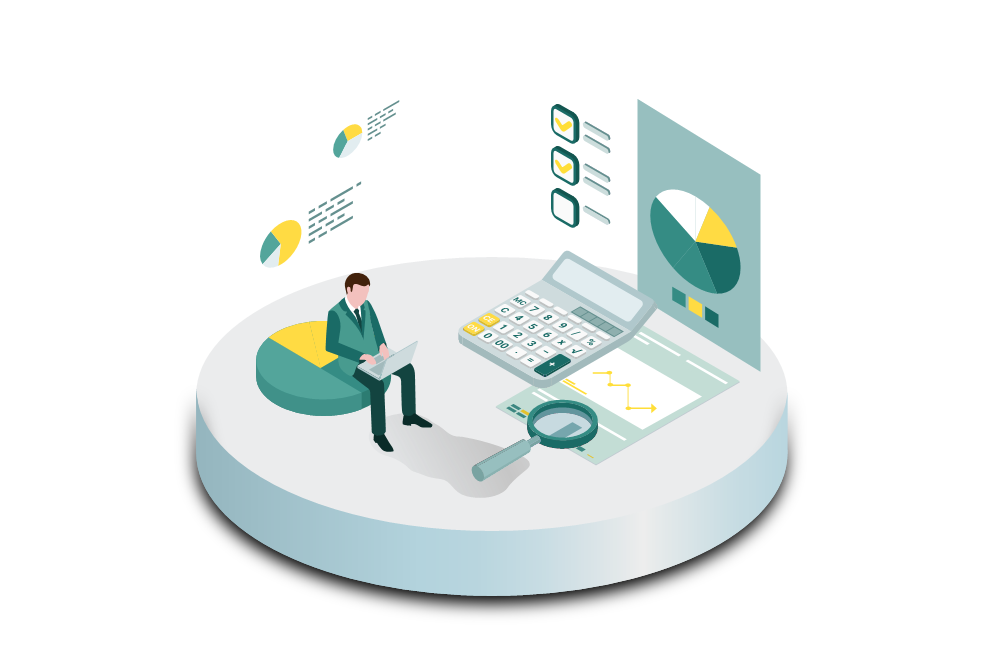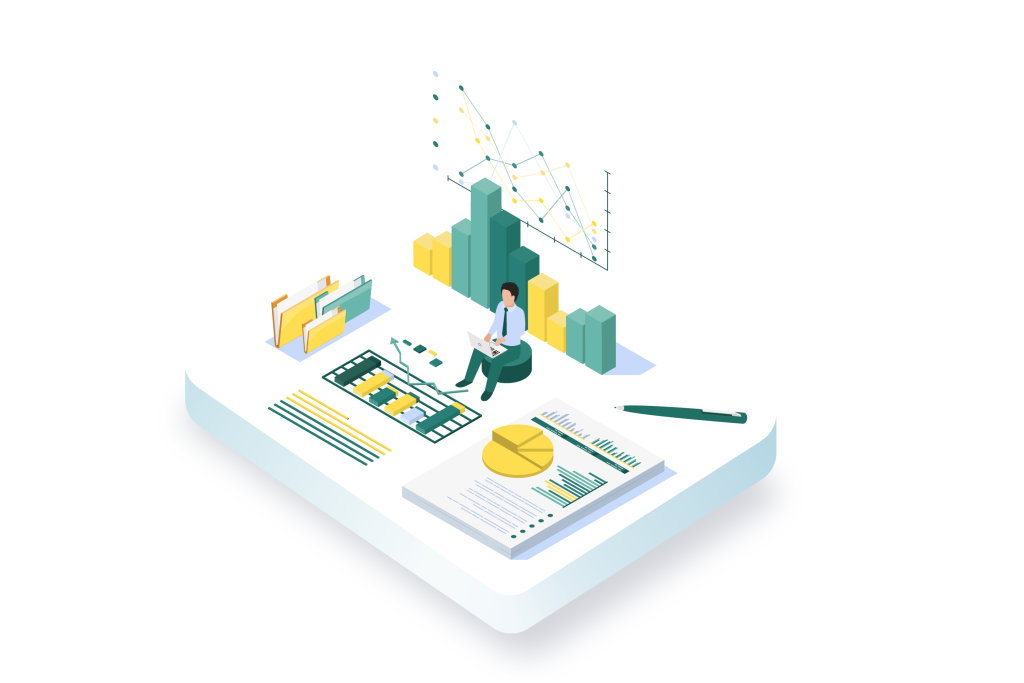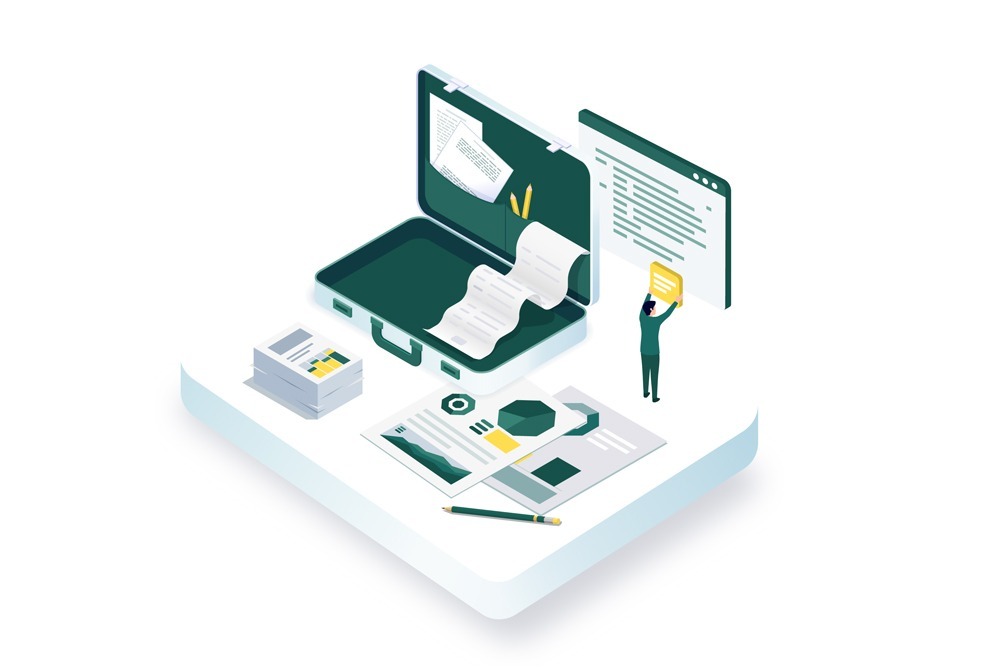
Managing bills and payments can get overwhelming fast, which is why accounts payable outsourcing is becoming popular. It helps businesses follow accounts payable best practices without stressing their own teams. These simple methods keep payments on time and relationships with suppliers strong. Following new financial trends helps companies stay ready for changes in the market.
What is Accounts Payable in Accounting?
Have you ever wondered what account payable really means in a business? It is simple — accounts payable is the money a company owes to its suppliers or vendors.
When you buy goods or services and do not pay right away, it creates an account payable. This amount is recorded as a short-term debt on the company’s balance sheet.
So, why is accounts payable important? Because it shows how much a business needs to pay and when those payments are due.
Handling accounts payable duties the right way keeps suppliers happy and cash flow healthy.
Accounts Payable Duties
What are accounts payable duties exactly?
Let’s break it down:
- Receiving and checking supplier invoices
- Making sure the goods or services were delivered as promised
- Recording the amount that needs to be paid
- Scheduling payments to vendors on the right dates
- Keeping clear records of all transactions
If businesses ignore their accounts payable duties, they risk late fees and losing supplier trust. That is why every business, big or small, should take care of their account payable properly.
Good habits with accounts payable duties help a business stay strong and trusted in the market.
Accounts Payable vs Accounts Receivable
Many people get confused between Accounts Payable and Accounts Receivable. They sound alike, but they are very different.
Accounts Payable is about the money a business owes to others. It covers bills for goods, services, rent, or supplies that have not been paid yet.
On the other hand, Accounts Receivable is about the money others owe to the business. It happens when a company sells something and lets the customer pay later.
Here is a simple way to remember:
- Accounts Payable means you need to pay someone else.
- Accounts Receivable means someone needs to pay you.
For example, if you buy office chairs from a supplier and pay later, that is accounts payable. If you sell your product to a customer and they promise to pay next month, that is accounts receivable.
Both Accounts Payable management and Accounts Receivable Management are important for a healthy business. They keep the cash flowing in and out at the right times.
Managing both sides well helps your company stay strong and ready for growth.
Why Following Accounts Payable Best Practices is Critical
Why are accounts payable best practices so important? Because they protect your business from mistakes and money troubles.
When you follow simple steps, you always know what you owe and when to pay. This keeps suppliers happy and helps you avoid late fees or broken deals.
Here is why best practices matter:
- They help avoid missed payments
- They keep supplier trust strong
- They make cash planning easier
Good accounts payable management keeps your business steady and ready for growth.
Accounts Payable Outsourcing as One of the Best Accounts Payable Practices
Handling bills sounds simple, but it takes time and effort. That is why many businesses now use accounts payable outsourcing.
Accounts payable outsourcing means hiring experts to manage payments and invoices for your business. It saves time, avoids mistakes, and helps you stay focused on bigger goals.
Here is what outsourcing can offer:
- Faster payment processing
- Fewer missed bills
- Better focus on business growth
Another key benefit is business process optimization. Business process optimization makes everyday tasks, like paying bills, faster and simpler.
By choosing accounts payable outsourcing and smart solutions, businesses can save time and grow faster.
Accounts Payable Automation Tips
Paying bills by hand takes time and can lead to mistakes. This is why many businesses use automation to help manage accounts payable.
You might ask, “What does automation mean here?” It means using simple software tools to track, approve, and pay bills without much manual work.
Here are some easy accounts payable automation tips you can use:
- Use software to scan and record invoices automatically
- Set reminders for payment due dates
- Create simple approval steps so bills move faster
- Keep digital records instead of paper files
Adding a few automation tools now can make bill payments much easier and faster in the future.
Hundred MS as Your Trusted Accounts Payable Outsourcing Partner
Finding the right help for your business bills is important. This is where Hundred MS can step in to support you.
We offer outsourced accounting solutions that make accounts payable outsourcing easy and stress-free. Our team handles everything from invoice tracking to payment processing with care and attention.
Why choose Hundred MS for your outsourced accounting solutions?
Because we know how to keep your bills paid on time and your records clean.
Here is what you get when working with us:
- Fast and accurate payment handling
- Clear and simple records you can trust
- More time to focus on growing your business
Our goal is to make accounts payable outsourcing simple for you. We follow the best practices while keeping the process easy to understand.
With Hundred MS, you can enjoy peace of mind knowing your outsourced accounting solutions are in safe hands. Let us help you manage your payments while you focus on reaching new business goals.
Conclusion
Managing bills should not be a daily struggle for your business. By following accounts payable best practices, you can keep payments smooth and suppliers happy.
Simple steps like tracking invoices and setting payment dates can make a big difference. But when things get too busy, accounts payable outsourcing becomes a smart and easy choice.
Hundred MS is here to help you with trusted accounts payable outsourcing services. We offer support that makes managing payments simple, clear, and stress-free for your team.
With Hundred MS, you can trust that your accounts payable best practices are always followed the right way. Our team works closely with you so you can focus more on growing your business.
Choose Hundred MS to save time, lower mistakes, and build stronger financial systems for the future.
Frequently Asked Questions (FAQ)
Accounts payable is recorded as a credit on the company’s balance sheet. When a business receives a bill, it credits accounts payable to show it owes money. When the bill is paid, the accounts payable account is debited to reduce the amount owed.
The difference between unearned revenue and accounts payable is simple. Unearned revenue is money a business receives before it delivers a product or service. Accounts payable is money a business owes to suppliers for goods or services already received. In short, unearned revenue is a promise to deliver, while accounts payable is a promise to pay.
Accounts payable outsourcing helps businesses save time and avoid mistakes in managing payments. It allows companies to focus on growth while experts handle bill tracking, approvals, and payments.
Accounts payable automation makes paying bills faster and easier. It reduces human error, speeds up approval steps, and keeps records clean and easy to find. Automation is a great support for strong accounts payable management.
Some common accounts payable duties include receiving and reviewing supplier invoices, matching invoices with purchase orders and delivery slips, scheduling and making payments on time, keeping accurate payment records, and handling supplier questions and solving payment issues. These tasks help businesses stay organized and avoid payment problems with their vendors.




